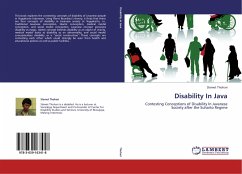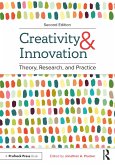State provided education is viewed as an important factor in efforts for improving rural people's life and combating poverty. This book takes a look at the role of state education when seen from the perspective of local processes of social reproduction. Through analysing different aspects of social reproduction in a small coastal village in rural Northern Mozambique, an understanding of responses to social change observed is sought. The School has an increasing role in these changes and in how people interpret and react to them and is an important tool with which the State takes over vital social functions of the village. It is also an increasingly important factor for how people see themselves and each other and to which they have to relate in their strategies for social reproduction. The book investigates this importance and the repercussions that the implantation of the School has for people's conditions for social reproduction. The introduction of state education in rural villages has consequences other than those intended or articulated contributing to a weakening of the social cohesion and to a change in the division of power between social groups.
Bitte wählen Sie Ihr Anliegen aus.
Rechnungen
Retourenschein anfordern
Bestellstatus
Storno








